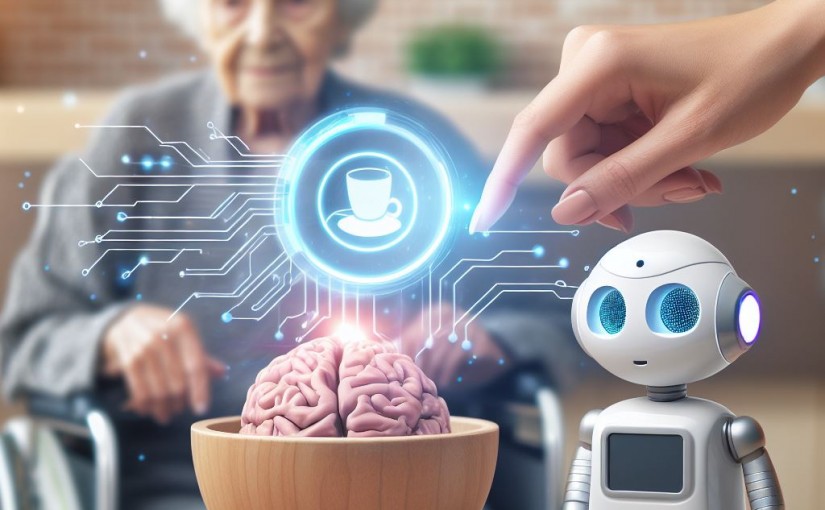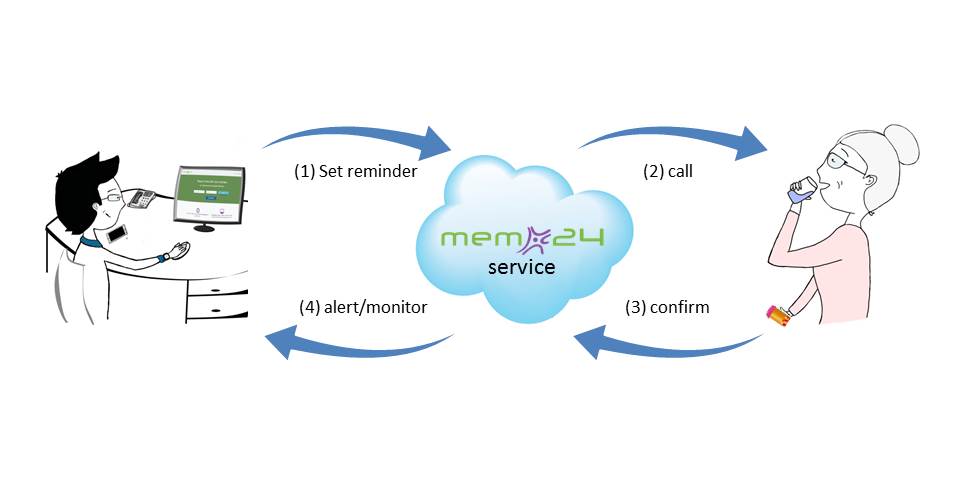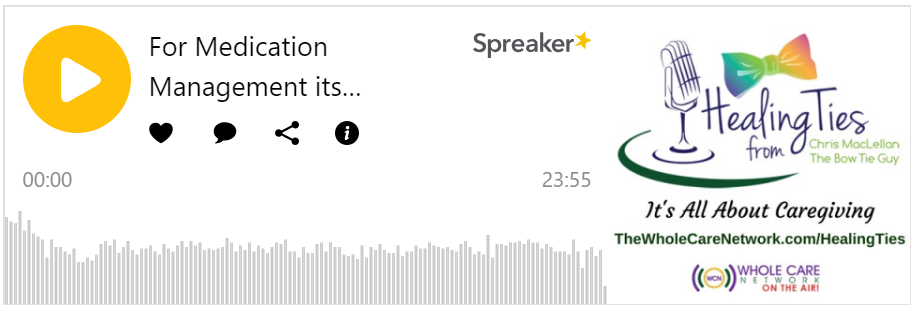As an expert in elderly care, I understand the profound impact that Alzheimer’s disease can have on individuals and their families. Alzheimer’s is a degenerative condition that affects memory, cognition, and overall well-being. In the search for non-pharmacological interventions to enhance the quality of life for those with Alzheimer’s, one promising avenue is music therapy.
Understanding Alzheimer’s and Its Challenges
Alzheimer’s disease is characterized by the accumulation of beta-amyloid plaques and neurofibrillary tangles in the brain, leading to the progressive decline of cognitive functions. Memory loss, confusion, and changes in behavior are common symptoms, making it challenging for both patients and their caregivers.
The Transformative Power of Music
Music has a unique ability to evoke emotions, trigger memories, and engage individuals on a deep level. This is particularly relevant for Alzheimer’s patients, as even in advanced stages of the disease, some neural pathways related to music and emotions remain intact.
Research has shown that incorporating music into the lives of Alzheimer’s patients can have numerous benefits:
1. Memory Recall:
Listening to familiar songs from the past can stimulate memory recall. A study conducted by Simmons-Stern et al. (2010) revealed that Alzheimer’s patients who listened to music they enjoyed in their youth showed improved autobiographical memory recall compared to those who did not engage with music.
2. Emotional Well-being:
Music has the power to elevate mood and reduce anxiety and depression in Alzheimer’s patients. A meta-analysis by Vink et al. (2003) found that music therapy significantly improved emotional well-being and reduced behavioral issues in dementia patients.
3. Cognitive Function:
Engaging with music can stimulate cognitive functions such as attention and executive skills. A study by Särkämö et al. (2008) demonstrated that music therapy enhanced cognitive and emotional recovery in post-stroke patients, suggesting its potential in supporting cognitive function in neurodegenerative conditions.
Examples of Successful Music Therapy Programs
Several organizations and healthcare providers have implemented music therapy programs specifically designed for Alzheimer’s patients, showcasing the positive impact of music on their well-being.
1. Alzheimer’s Association Music and Memory Program:
The Alzheimer’s Association has developed the Music and Memory program, which provides personalized playlists for individuals with Alzheimer’s. The program aims to tap into the emotional and autobiographical memory associated with familiar songs, improving mood and reducing stress.
2. Nordoff Robbins Music Therapy:
Nordoff Robbins is a leading music therapy charity that offers services to individuals with various conditions, including dementia. Their music therapists work with Alzheimer’s patients, using music as a means of communication and emotional expression. The organization’s approach is person-centered, tailoring the therapy to the unique needs of each individual.
3. Alive Inside Foundation:
The Alive Inside Foundation is renowned for its work in bringing personalized music to individuals with Alzheimer’s. Their documentary, “Alive Inside,” highlights the remarkable transformations that can occur when music is used to unlock memories and emotions in those who have seemed otherwise unreachable.
Conclusion: A Harmonious Approach to Alzheimer’s Care
In conclusion, the therapeutic benefits of music for Alzheimer’s patients are increasingly recognized and supported by scientific research. The ability of music to evoke memories, enhance emotional well-being, and stimulate cognitive function makes it a valuable tool in the care of individuals with Alzheimer’s.
As an expert in elderly care, incorporating music therapy into the caregiving routine can contribute significantly to the overall well-being of Alzheimer’s patients. Whether through personalized playlists, group music sessions, or engagement with professional music therapists, the transformative power of music offers a harmonious approach to Alzheimer’s care.
For more in-depth information and resources on music therapy for Alzheimer’s patients, you can explore publications from the Alzheimer’s Association and the National Center for Biotechnology Information (NCBI).
Did You Know?
Memo24 pill reminder service is an automated phone call reminder service, it is used around the world to help the elderly live a more independent life at home.
Memo24 is simple to set up and affordable, with no subscription and no hidden fees.





